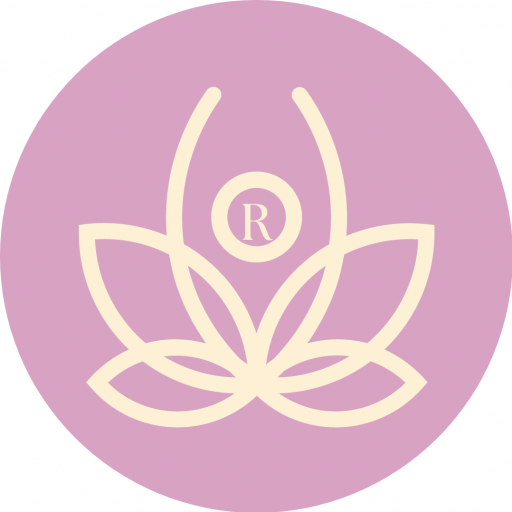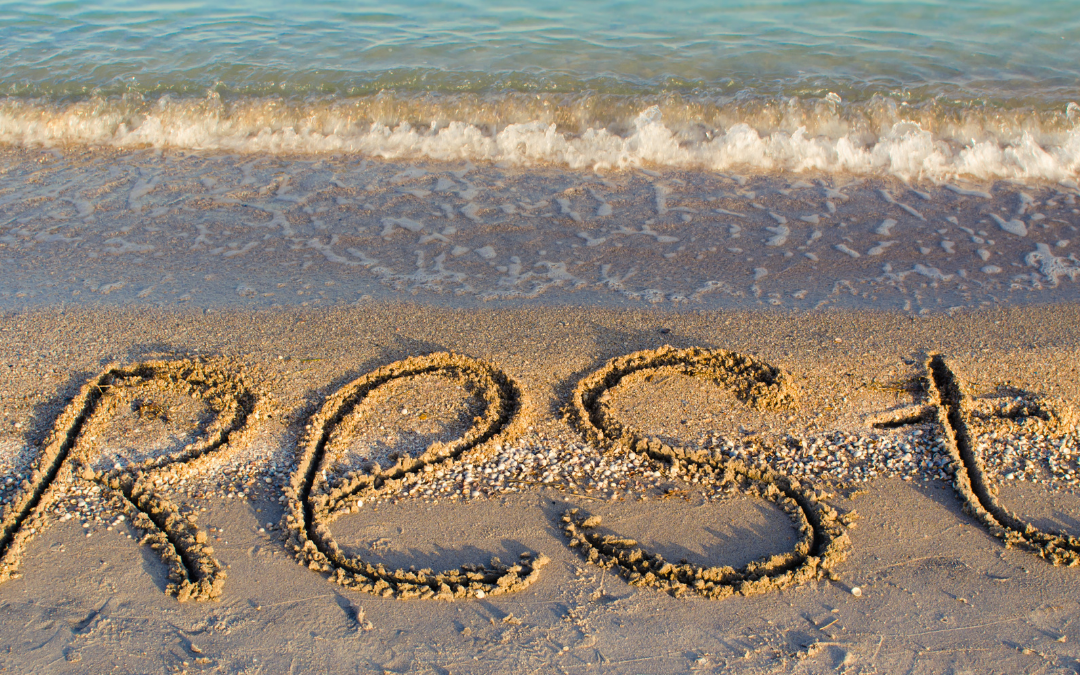Rest and Relaxation are both a part of the Radiance Lifestyle Program. When we think of lifestyle changes our minds frequently think of nutrition (are we eating the ‘right things,’ at the ‘right time,’ in the ‘right way’), or how much are we moving and exercising. We are bombarded by marketing and advertising emphasising, maybe over emphasising, the importance of both…not to say that either should be ignored .. absolutely not, but there are other considerations we need to make when making choices to enhance and maintain a healthy outlook and lifestyle.
When you see the word rest, what does this mean to you?
Do you automatically think – sleep, holidays, even think its self-indulgent and for other people (I have actually heard this in the therapy room ‘but I’m so busy, I haven’t got time to do *** (read a book, take time out). When we fail to rest the long-term effect on our body can lead to increased stress, fatigue, ultimately sickness in some cases. Yet we choose to ignore the warning signs.
The warning signs are everywhere; we need to open our eyes and see them through the fog of our busy lives.
| Signs | Why/how it manifests |
| Being wakeful at night | over exercise, overload at work, rooms to bright in evenings, emotional stress |
| Eating differently | Work overload, emotional stress |
| Lack of motivation | Lack of physical activity, lack of goals/understanding why you do what you do, emotional stress/trauma |
| Increased anger and conflict | Work related frustrations, family stress, emotional pressures |
| Other people question your decision making | Too much work, high deadlines cause quick decisions not thought through, mental overload, outside distractions |
| A bit clumsier | Tiredness can manifest into physical signs; poor food decisions can lead to lack of energy |
| Restless | Being unable to settle/switch off can accumulate over time |
| Having trouble concentrating | Mental fatigue, a busy mind |
| Self-medicating | An increase in alcohol, caffeine, reaching for sugary snacks can be signs that we are not coping well. |
| A loss of enthusiasm in activities previously enjoyed | This can be seen as switching off and detachment |
In our busy lives, we naturally put others first, making them and their needs a priority, leading to little time to recharge, rest and recuperate. The long-term effects of this are widely known, ignore the warning signs and you may start to become more risk prone – driving while sleepy, unable to safely operate machinery, unwell – increased headaches, skin may suffer at a more inconvenient level, but this can lead to an increased risk of heart attacks, diabetes, obesity, and an increased risk of early mortality. Scary!
Why do we ignore the signs?
Probably because this is a creeper. It’s not immediately apparent that we are not resting enough. We ignore the warning signs, even when we notice, we don’t take them seriously. Our body is crying for help, but we think its not important. We have imbedded habits, such as reading a screen late at night in bed or eat late in the evening close to bedtime – both sleep disruptors. We cope with work pressure because we believe that’s what’s expected (and it’s what others do). We are the trusted friend, the listener – but who listens to you? When do you get a chance to offload and express yourself, or do you hold it within to fester?
What can you do to rest more?
Sleep, it’s the obvious one, but if you are burning the candle at both ends (unless you are one of those lucky people who can keep going) it catch up on you. Go to bed at the same regular time every day and wake same time every day. Be mindful that sleep patterns change as we age and you will not have the same sleep pattern as young children, as a teenager or as an elderly person. If you live in a household with others, let them have their sleep pattern. It’s tricky with little ones who wake at night and nap in the day but try to embrace the daytime naps -if you can’t beat them join them or use the quieter time to do something just for you. Maybe that’s when you rest by reading a book or being creative. Let teens sleep in, their body clocks are different to yours.
Stretching, yoga, massage are all physical ways we can rest our bodies. If you don’t do any of these you are missing out. Especially with massage, let someone else do the work encouraging your body to recuperate, hitting the rest and relaxation in one go. If sleep alludes you, exercise will physically tire you, however consider what works well for you – some people find exercising in the evening is over stimulating and disrupts sleep, whilst for others the physical exertion is just what they need.
If sleep is tricky due to a racing mind, a top tip is to keep a notepad next to your bed. If thoughts wake you, jot them down and you know you do not have to remember them until the morning. If thoughts come to you during the day, do the same, or use the voice recorder on your phone as a Dictaphone and come back to them later.
Overstimulation from blue screens is widely known, keep phones and screens out of the bedroom. Aim to switch them off 2 hours before bedtime. It’s a good habit to get into as a household, have a central charging station for everyone’s devices and agree you all leave them there overnight. You can’t because you use your phone as an alarm clock – don’t be ridiculous have you not heard of an alarm clock! On occasions you may need to keep a phone in the bedroom for emergencies, keep this phone on a docking station away from the bedside to avoid temptation.
Another way of resting is to be more creative. If your daily life involves deadlines, computer work, watching TV, family life – make time in your diary for creative thinking. Use some of your down time to get creative, or experience someone else’s creative skills – go to a concert, watch a theatre production, go to a museum or art gallery.
In the list of warning signs above, emotional stress is a very common cause. It’s one of the key factors in people searching out complementary therapies. Personal expectations and pressure we lay on ourselves can build, we push stresses to one side and ignore them. ‘Trust your gut’ is one of my favourite sayings, if emotions causing stress – ask yourself how it feels and what is causing that feeling. It can take a bit of work; it may be a long-term feeling that takes some unpicking – but will feel amazing when you start to trust your gut.
Take a break – a change of scenery. It might be as something as amazing as a holiday, a short break, a retreat, a monthly massage, or something as simple as taking a break in the day for a 20-minute walk. Whatever your budget and pressures, make rest a part of your day-to-day lifestyle plan.
Play Audio of this blog:

